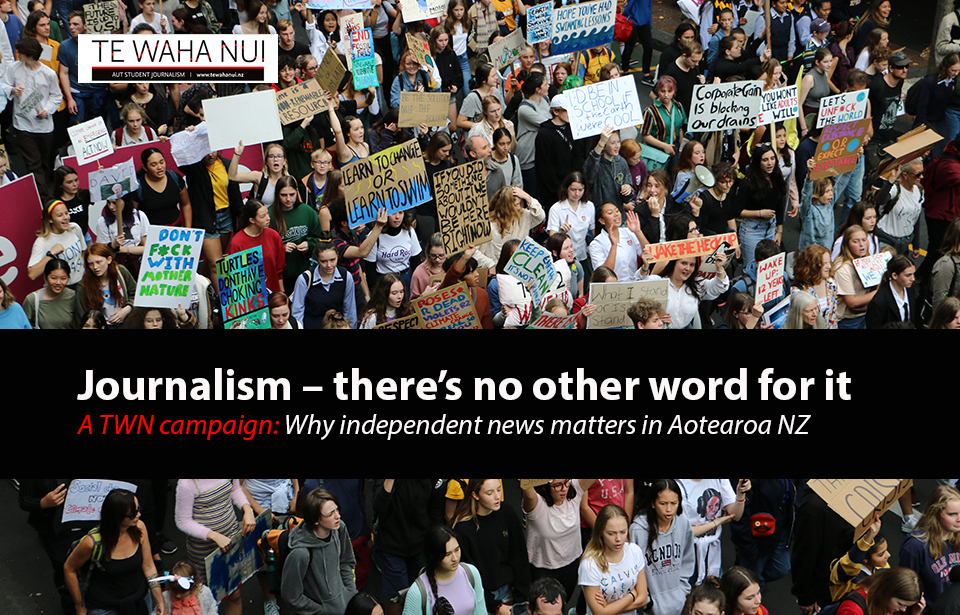What’s keeping Danish media houses above water, and would it work in NZ?
• May 29, 2024

Ejvind Hansen is researching in public speak in Denmark. Photo: Kapser Sølund // Press photo
Overseas media is strengthened by public funding to support outreach and quality of journalism and it might not be a pipe dream for NZ media.
Traditional media is struggling not only in New Zealand, but all over the globe, particularly with revenue.
According to Finlay Macdonald, editor for The Conversation New Zealand, it is a direct result of digitisation and the internet, where digital advertisement and free news is surpassing the old school newspaper.
The crisis is taking a big toll on NZ media compared to many other countries, but he does not think the media is being prioritised in the budget this time around.
“I'm only speculating, but I can't imagine this government will be doing anything, innovative in terms of funding public interest journalism for instance.”
When looking towards other countries around the same size the media is in less hot water.
Denmark has a population of around six million people and the media has managed to avoid a severe crisis.
In Denmark the media is given financial packages from the government through their media agreement.
Professor with specialty in democracy from The Danish School of Media- and Journalism, Ejvind Hansen says the media continues to require support.
“On one side you can argue why we need to support the newspapers if they cannot financially support themselves because there is not a proper market for them,”
The reasoning behind subsidising the media is the importance for a diverse media landscape, according to Hansen.
“In the democratic ideal is it important that everybody feels like they can be heard, which regional newspapers in rural Denmark help support.
“If people feel disconnected and overlooked in the democracy, they will not want to be a part of the society anymore.”
Macdonald says, a similar solution being a possibility in New Zealand it is not unthinkable.
“One way to do that would be some way of taxing Facebook, Instagram and Google who are taking their profits offshore and not really paying any tax in New Zealand.
“Take a small percentage of that advertising revenue back to New Zealand media.”
But Macdonald and Hansen both agree that financial support does not save the media on its own and that restructuring in the industry is needed.
“With social media and AI is there a need for the newspapers to reestablish why there is a need for them,” says Hansen.
Macdonald does not think that physical newspapers will exist for much longer, and there will come a bigger focus on investigative journalism.
Hansen says that it is hard to predict what the future will hold, but a new form of journalism may be needed to cut down on the constant flow of news, and help the public engage.


Whakatairanga ka tika, whakamaua ngaa mita
AISHA CAMPBELL (NGĀTI RUANUI, NGĀ RAURU, NGĀ RUAHINE, TE ATIAWA, TARANAKI) • October 28, 2025

Supporters hope new council will save Western Springs Speedway
Savannah Lendich Jonkers • October 8, 2025


Whakatairanga ka tika, whakamaua ngaa mita
AISHA CAMPBELL (NGĀTI RUANUI, NGĀ RAURU, NGĀ RUAHINE, TE ATIAWA, TARANAKI) • October 28, 2025

Supporters hope new council will save Western Springs Speedway
Savannah Lendich Jonkers • October 8, 2025
